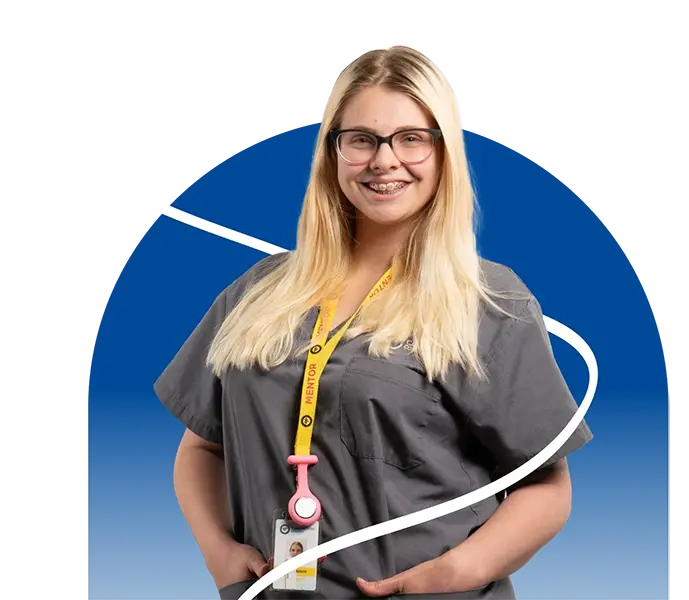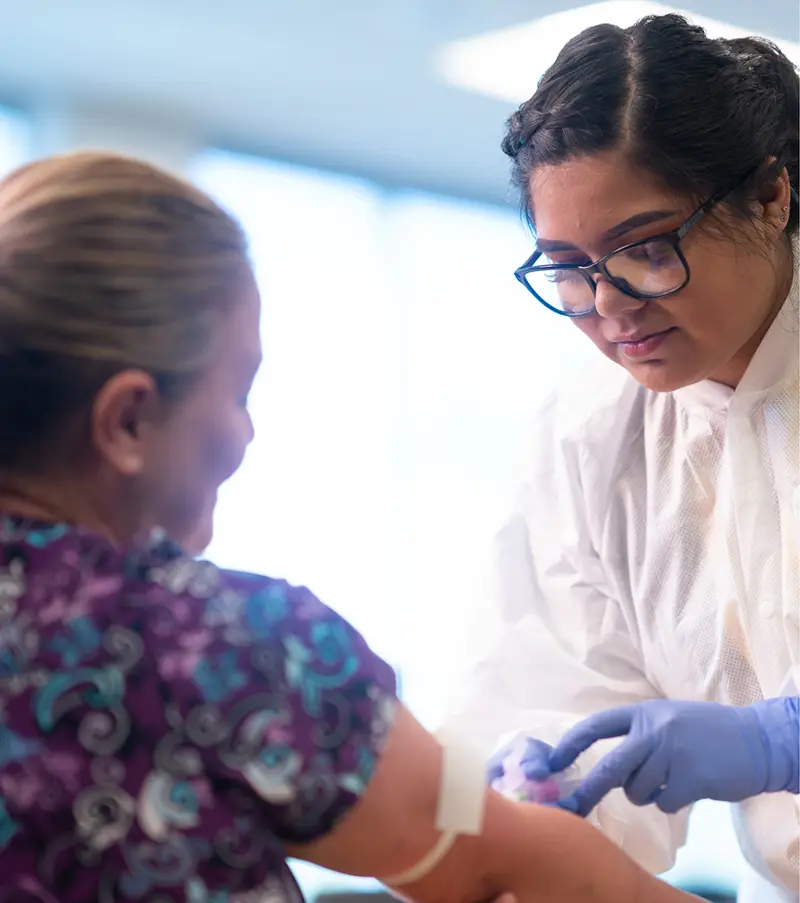Phlebotomy Technician


Program Details
Cost & Financial Aid
Education is a major investment, but it’s an investment in your future. Every student comes to Carrington with unique financial needs. Carrington College is committed to helping you achieve your education goals. We participate in most financial assistance programs, both federal and state, as well as private financing. Each program has different requirements and application instructions. Student loans, grants, and scholarships are available to those who qualify.
For complete information on current tuition costs, please see page 236 of the Academic Catalog.
Location Availability
Accreditation & Approvals
Carrington College is accredited by the Accrediting Commission for Community and Junior Colleges, 428 J Street, Suite 400, Sacramento, CA 95814; 415 506 0234 an institutional accrediting body recognized by the Council for Higher Education Accreditation and the U.S. Department of Education. Additional information about accreditation, including the filing of complaints against member institutions, can be found at www.accjc.org/.
For comprehensive information on Carrington’s accreditation and approvals, visit carrington.edu/accreditation.
Course Catalog
Program Specific Disclosures
Continuing Education For Graduates
Student Outcomes
REAL WORLD SKILLS
START YOUR PATH
FLEXIBLE LEARNING OPTIONS
AFFORDABLE TUITION
Request Information
All fields using an asterik (*) are required.
Career Opportunities
Phlebotomy technicians perform a variety of tasks every day, all of which require incredible attention to detail. The primary duty of phlebotomists is to draw blood from patients for medical testing, research, transfusions, and blood donations. In addition, phlebotomists explain the procedure and assist patients if they have an adverse reaction, like fainting, once their blood is drawn.
The typical duties of phlebotomists include:1
- Talking with patients and donors to ease any apprehensions about having their blood drawn
- Validating the identity of a patient or donor to ensure accurate labeling of the blood
- Labeling collected blood for testing or processing
- Recording patient information into a database

BLOOD SPECIMEN COLLECTION
STANDARD PRECAUTIONS
SPECIMEN PROCESSING
RELATED BODY ANATOMY AND aFUNCTION
Check out our guide on becoming a Phlebotomy Technician.
If you are interested in becoming an integral part of a healthcare team, becoming a phlebotomist may be an ideal career choice for you. Thanks to phlebotomy technicians, physicians, and other health care practitioners can accurately determine a patient’s underlying health concerns and conditions, potentially saving their life. With compassion and a good bedside manner, you can make what is often a traumatic experience less painful.
Phlebotomy Technician FAQ
-
What does a phlebotomy technician do?
Phlebotomists draw blood from patients or donors for tests, transfusions, research, or donations.1 A phlebotomist may need to speak with patients to make them feel comfortable during the blood draw, especially in settings where patients may see few other medical professionals, such as testing or donation sites. After drawing blood, a phlebotomist may need to label samples and enter patient information into databases.
-
What do you need to become a phlebotomy technician?
According to the BLS, phlebotomists typically have some training from a phlebotomy post-secondary program. Some phlebotomists may enter the field with a high school diploma and receive training on the job. No matter their education level, phlebotomists also receive specific instructions on how to identify, label, and track blood samples.2
-
What is the difference between a certified phlebotomist and a phlebotomy technician?
Both phlebotomists and phlebotomy technicians are trained healthcare workers who are qualified to draw blood. Be sure to check your state for specific regulations.
-
How long does it take to become a phlebotomy technician?
The time to complete a phlebotomy course varies by institution. Carrington College’s Phlebotomy Technician course can be completed in as few as 3 months.
-
Do I Need to be Certified to be a Phlebotomist?
The states of California, Louisiana, Nevada, and Washington require phlebotomists to be certified.2
WANT TO LEARN MORE?
Request Information
All fields using an asterik (*) are required.